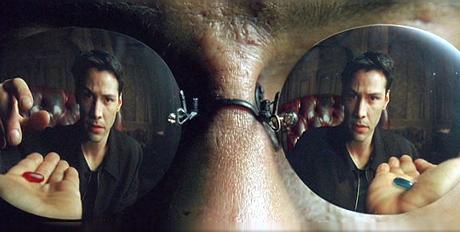I have been wanting to blog about the practice since I started, but I am approaching the topic from such ignorance that anything I say about it would be of little value to the reader. Then again if I view the practice through the eyes of an Aikido teacher I can begin to steal little snippets of the new practice and have it enrich all my practices.
(Though I wonder, looking at the practice through the experts eyes, do I lose the beginner's mind?)

The first thought that keeps rolling around my head with this new practice is the word 'dignity'. I see it written over and over in kyudo literature.
"One is not polishing one's shooting style or technique, but the mind. The dignity of shooting is the important point. This is how Kyudo differs from the common approach to archery. In Kyudo there is no hope. Hope is not the point. The point is that through long and genuine practice your natural dignity as a human being comes out. This natural dignity is already in you, but it is covered up by a lot of obstacles. When they are cleared away, your natural dignity is allowed to shine forth"
- Shibata Sensei.

This is an interesting word, this "dignity". It is not a word I have often heard in the dojos I have previously inhabited.
I like to start an exploration at the beginning. Let's look at the very word itself to enrich our practice.
dig⋅ni⋅ty
/ˈdɪgnɪti/ Show Spelled Pronunciation [dig-ni-tee]
–noun, plural -ties.
1. bearing, conduct, or speech indicative of self-respect or appreciation of the formality or gravity of an occasion or situation.
2. nobility or elevation of character; worthiness: dignity of sentiments.
3. elevated rank, office, station, etc.
4. relative standing; rank.
5. a sign or token of respect: an impertinent question unworthy of the dignity of an answer.
6. Archaic.
a. person of high rank or title.
b. such persons collectively.

I have been looking at my budo practice and teaching lately and I have been wondering, is it time to start using words like this? Does it have to be all balance breaking, or is it time to really start using the words we are supposedly pursuing in the system of education that is character development aspect of budo.
I am sitting here thinking about he definition of dignity and asking what is the bearing and conduct of a budo man? Do I appreciate the formality of the occasion? Do I show proper respect? Am I a person of rank, title, office or position? Does it matter?
Interesting questions coming from a teacher the Japanese call yumi - the elegant curved bow.







From reading posts by practicing kyudoka, it appears to be a very beautiful form of budo.
ReplyDeleteThe question of dignity is whether you Deserve respect. It is not dignified to be manhandled or helpless. It is not dignified to overreact or flee. Iaido attracted me because the high-ranking people who had been doing it a long time all struck me as admirable human beings. Quiet, confident, sincere, strong, kind. Not ego-crazed or whacked-out or deceitful or malicious. Our original teacher Kogushi-sensei said in training first is correct form, then add speed, then power, then eventually attain "i" (which was translated as grace or dignity). The best teachers of all martial arts are like this and becoming like them is a great reason to practice.
ReplyDelete